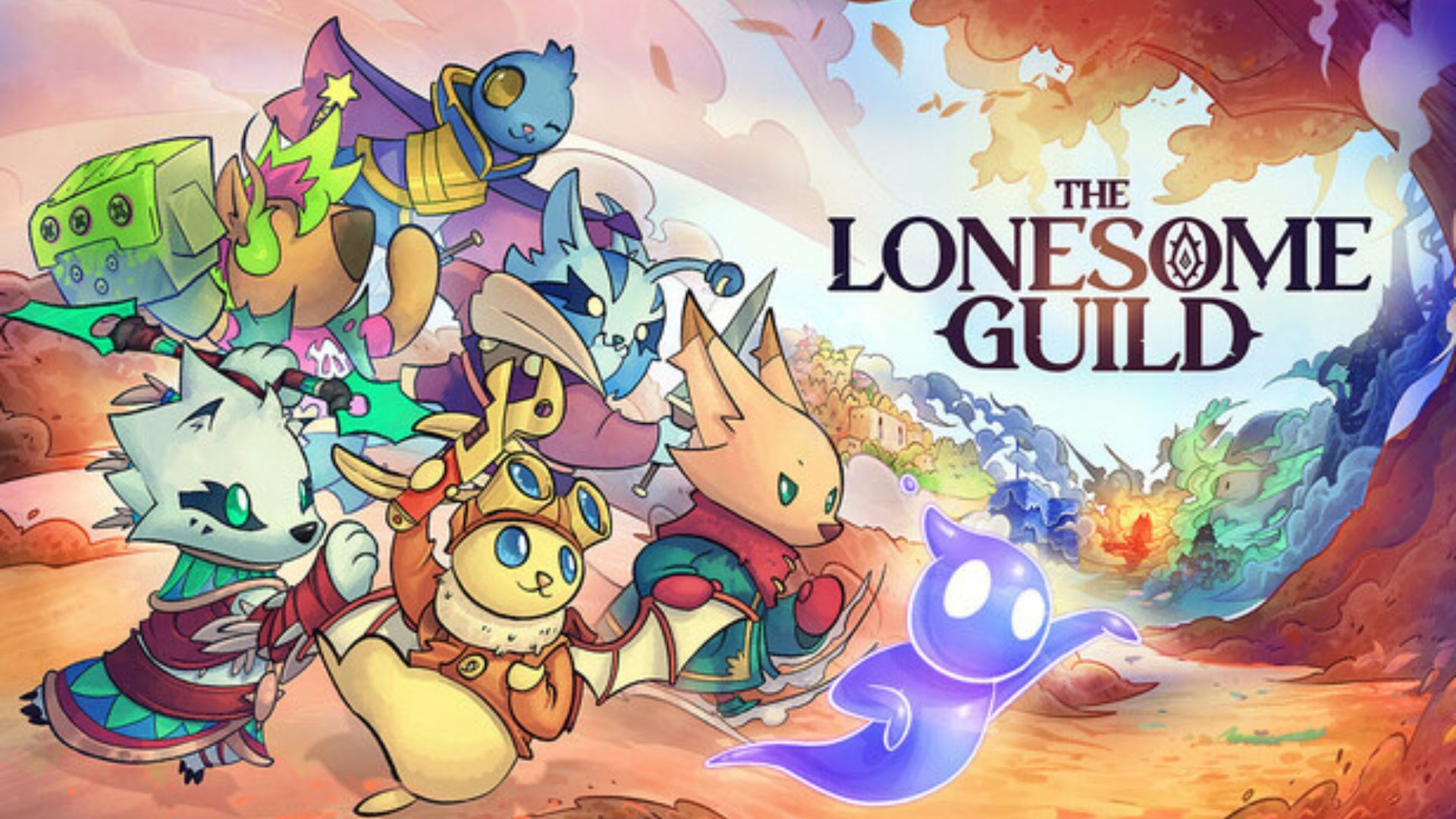
Tiny Bull Studios, known for their indie game Omen Exitio: Plague, is now releasing The Lonesome Guild. Omen Exitio: Plague has earned a ‘Very Positive’ rating on Steam, showing it’s built a loyal following, though it isn’t widely known among indie game fans. Unlike their previous game, which focused on investigation, The Lonesome Guild puts players in control of a group of friends embarking on a quest to save the world.
2025 was a fantastic year for indie games, with a surge in popular titles like Blue Prince, Schedule 1, The Alters, and Clair Obscur: Expedition 33. This increased competition means The Lonesome Guild faces a real challenge in getting noticed and establishing itself within the thriving indie game scene.
I was immediately intrigued by the first trailer for The Lonesome Guild and had a good feeling about it. It seemed to have everything I look for in a game: a compelling story, action-focused combat with RPG progression, and a strong emphasis on character relationships. When these elements come together well, I usually end up really enjoying the experience – but it all depends on the execution.
I just finished playing The Lonesome Guild – it took about 12 hours – and I have a lot to say about it! This review will cover whether or not this indie game is worth checking out, or if it’s one that will quickly fade into obscurity.
A Story With Wasted Potential
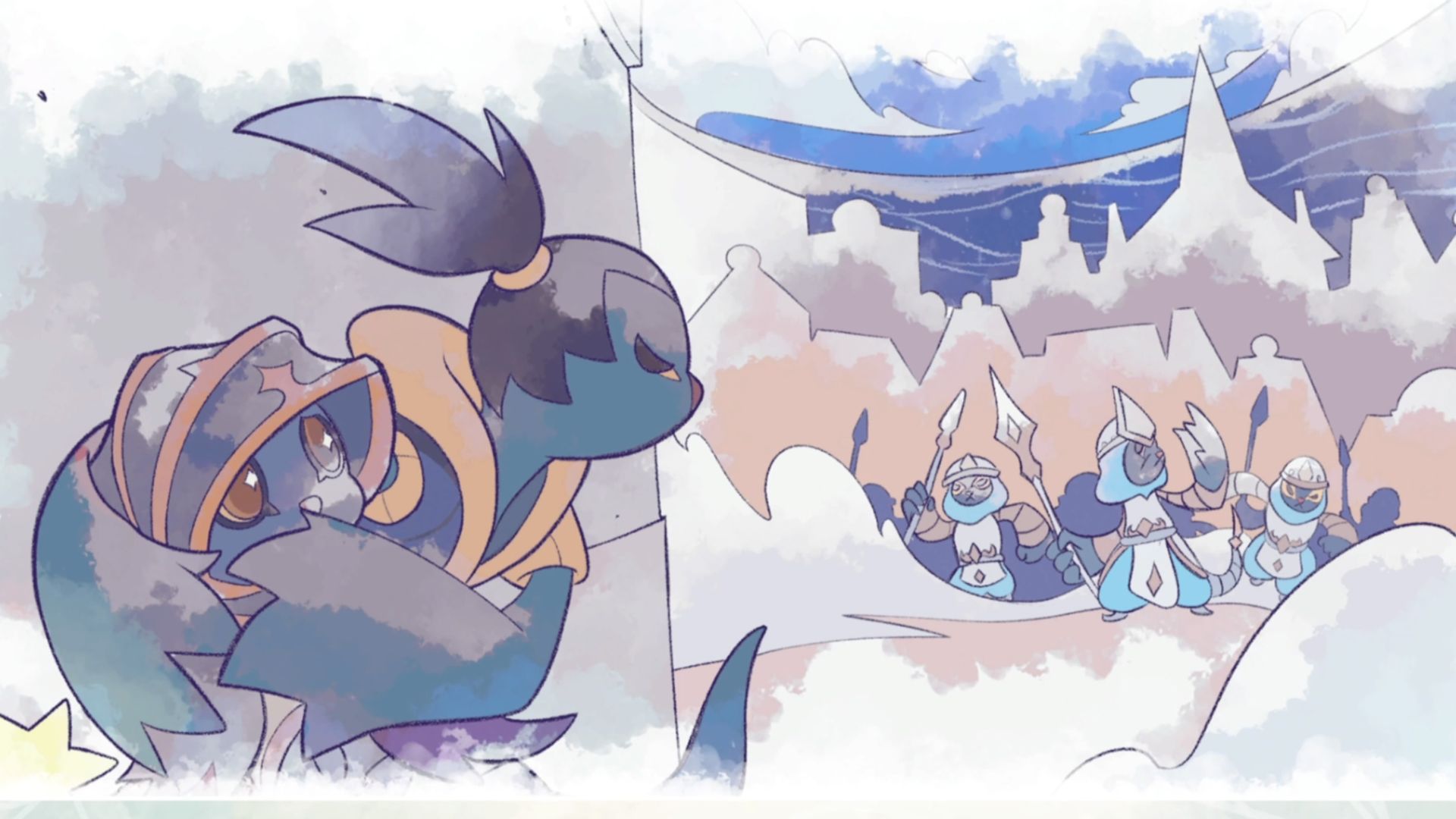
The Lonesome Guild centers around a diverse group of characters united by a common purpose: to defeat a strange and growing evil called Loneliness. This Loneliness manifests as a red fog that’s spreading across the world, and those it infects slowly lose their identities, becoming dangerous threats. It’s up to the Guild to stop the fog’s spread, because if they fail, everyone will succumb to its control and the world will be lost.
I was initially really drawn in by the concept of Lonesome Guild. The idea of basing the game’s villain on a negative human emotion – something people actively avoid – was genuinely clever, and one of the more interesting stories I’ve experienced lately. However, a good idea isn’t enough. Ultimately, the quality of the story depends on how well it’s actually told.
The story relies heavily on tired tropes and exaggerated elements, quickly becoming predictable and losing its impact.
While the idea behind Lonesome Guild is promising, the game doesn’t quite live up to its potential. Instead of a mature, dark story, it feels overly simplistic, constantly hammering home the importance of friendship and teamwork. This predictable and cliché approach quickly makes the story feel stale and uninteresting.
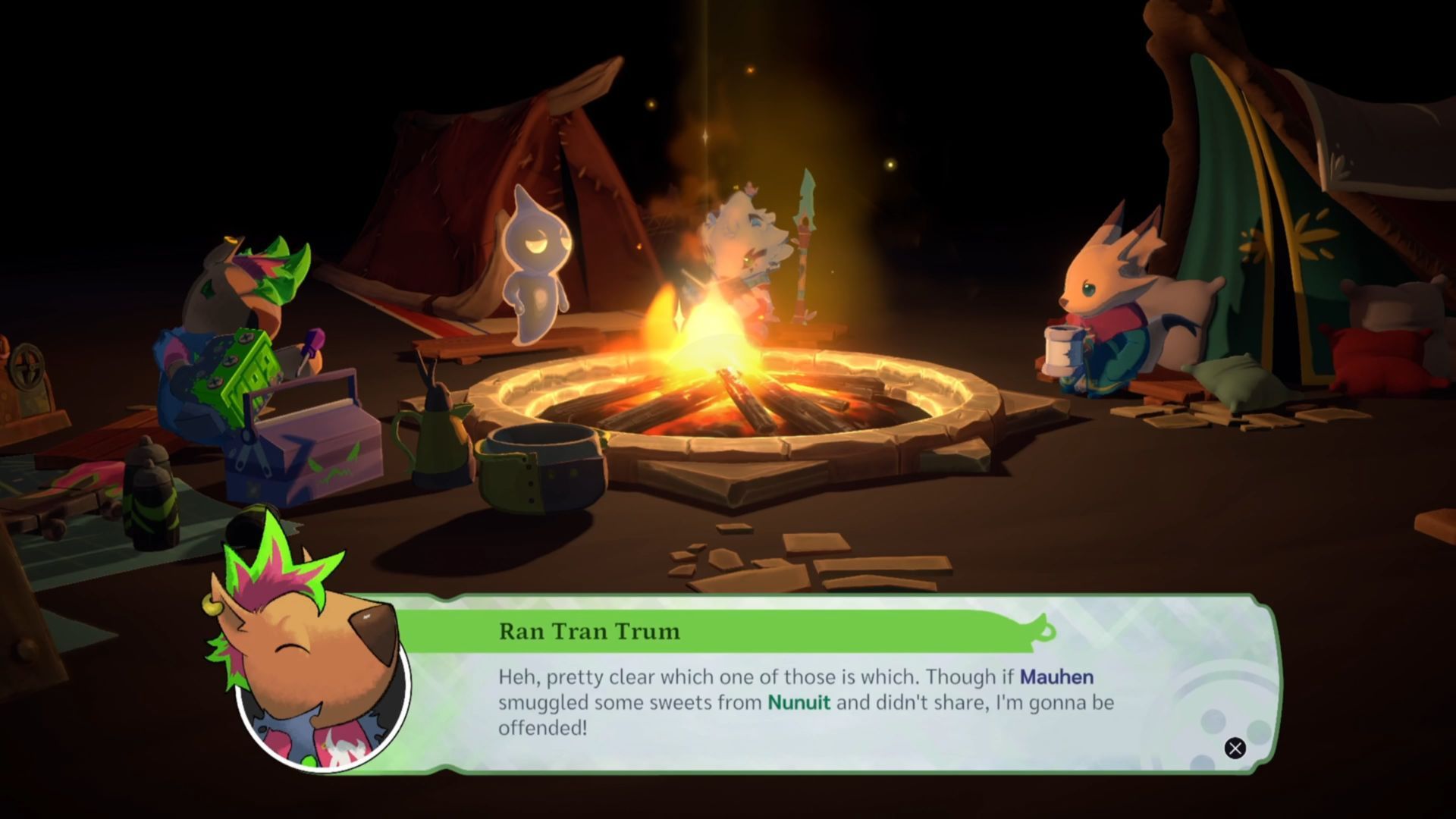
While the game acknowledges that friendships can ease loneliness, it doesn’t delve into that theme with the depth it deserves. Expect the story to unfold mainly through text-based conversations with your companions – often around a campfire – and be aware that the dialogue can become repetitive and lacks engaging voice acting. Ultimately, the game feels lacking in meaningful content.
As the story went on, I started to lose interest because it didn’t really capture my attention, particularly towards the end. The game has very little to say, yet it features a surprising amount of dialogue. I would have preferred less talking and more meaningful content. Ultimately, the story feels empty, and even great voice acting couldn’t save it. Tiny Bull Studios unfortunately didn’t deliver a compelling narrative.
Cozy Combat That Is A Bit Too Basic
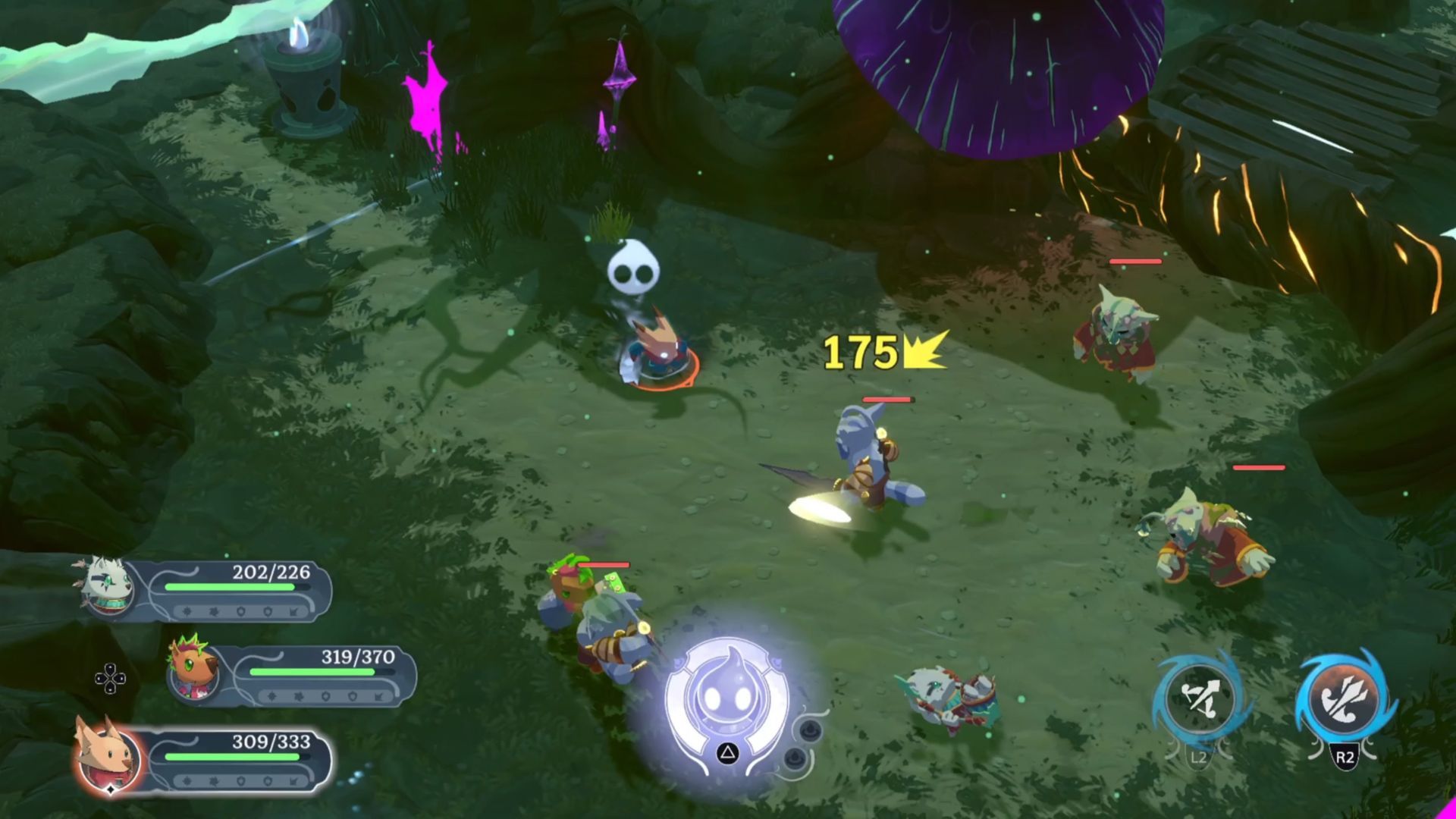
The Lonesome Guild’s combat is centered around dodging enemy attacks in an arena while using simple attacks and strong spells. Players also build up an Ultimate meter, which, when full, lets them unleash a powerful, finishing move. Beyond that, the game is fairly straightforward, with a skill tree allowing players to improve their abilities and spells.
Don’t expect a complex battle system in Lonesome Guild. This game isn’t about challenging combat. Instead, it offers a relaxing and low-pressure experience. Tiny Bull Studios has crafted a simple, easy-to-learn combat system that perfectly fits the cozy-game vibe.
I was hoping for more depth in the game’s mechanics. Specifically, the ultimate attack, which involves all characters, could have been more dynamic. It would have been great if the ultimate move changed based on the team you had, instead of being the same for everyone.
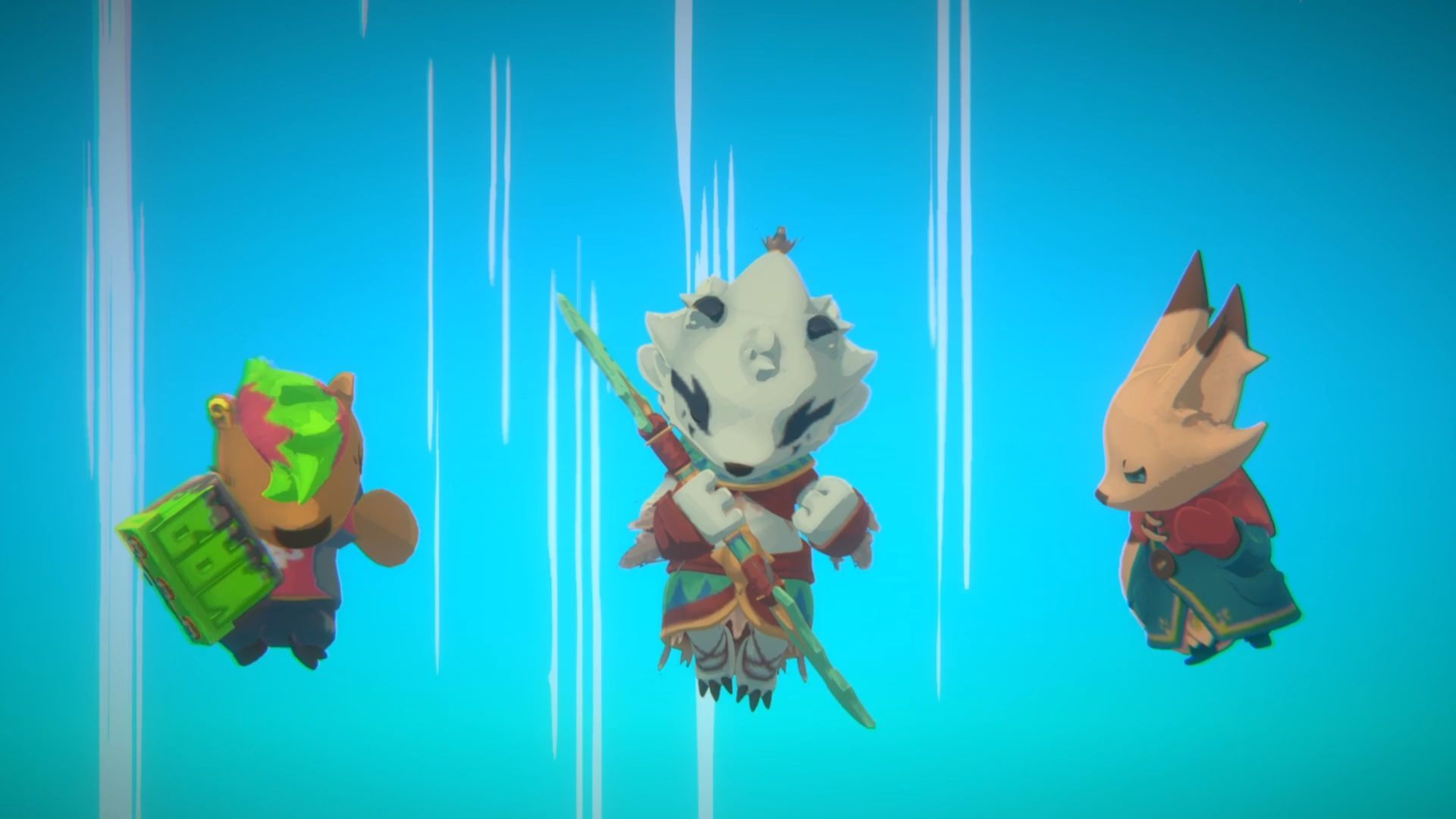
Honestly, I was pretty disappointed by the characters – none of them really felt unique. They didn’t have any strong points or obvious weaknesses, which meant experimenting with different team setups just didn’t feel worthwhile. That’s a real letdown because it kills the replay value. I don’t see much reason to start another playthrough and try different strategies, and I suspect other players will feel the same way. It feels like a game you play once, and that’s it, mostly because the combat isn’t very deep.
The game’s simplicity further discourages strategic combat. I found The Lonesome Guild very easy – I completed a Normal playthrough without dying a single time. While a Hard mode is available for those seeking a greater challenge, the base game is quite forgiving.
A Half-Baked Relationship System Is At Its Core
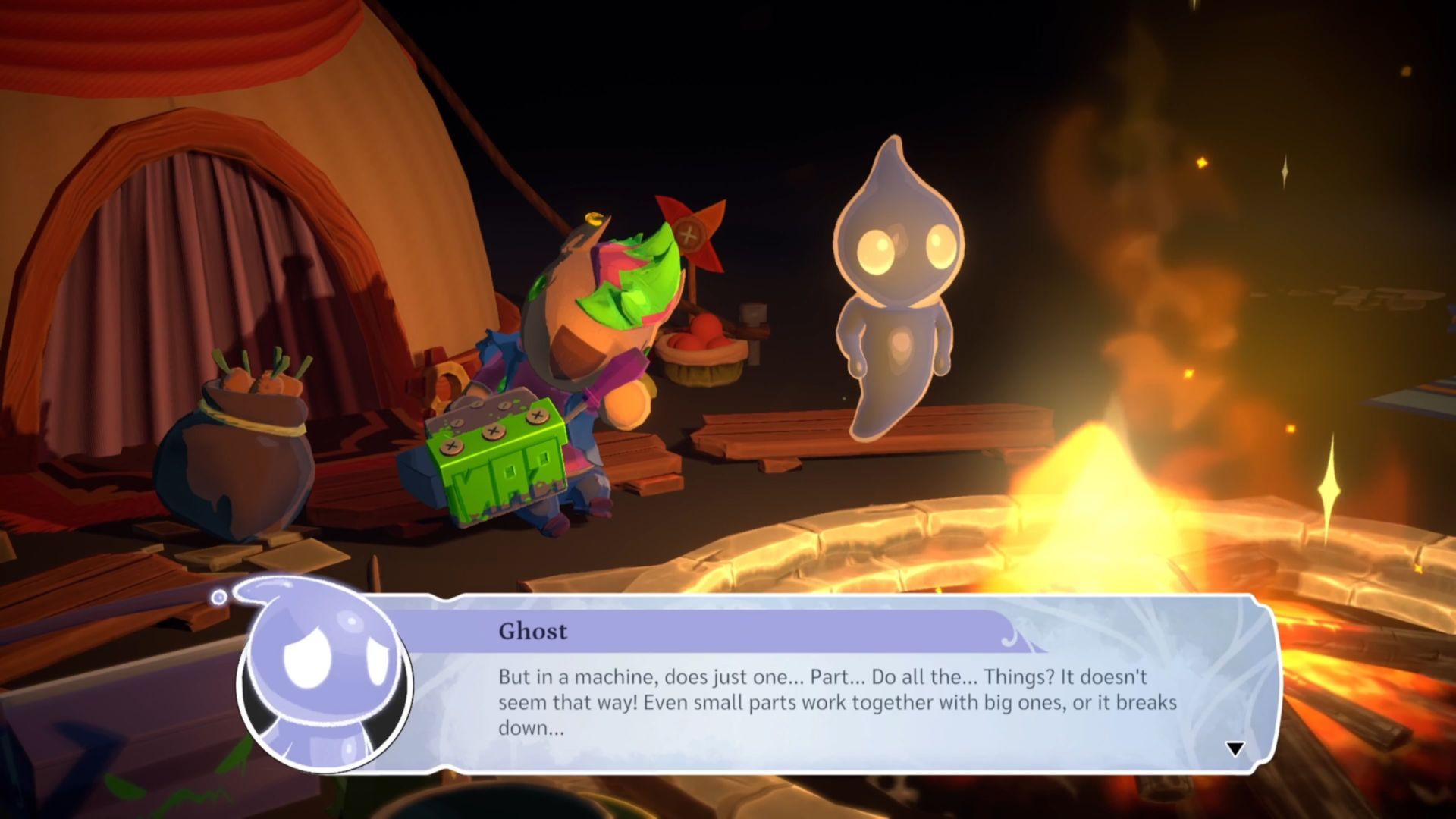
You’ll spend a lot of time chatting with your companions around the campfire. These conversations aren’t just for story development – they also help you progress in the game. The more you talk to each companion, the stronger your relationship with them becomes. As your relationships grow, you’ll unlock new skills and abilities through the skill tree.
I enjoy the idea of relationships within video games, but in this case, the system feels underdeveloped. Similar to the story and combat, it’s quite basic. Building a relationship requires very little effort – you simply choose a ‘Relationship’ option from a menu and watch a short conversation, which automatically improves your standing with that character.
It just feels shoved into the game for no other reason than it’s a popular game mechanic.
To get closer to characters in the game, you’ll need to earn Relationship Points. You can do this by choosing specific conversation options at the campfire, finishing quests and optional tasks, and winning battles against bosses.
Choosing dialogue options at the campfire affects who gains Relationship Points, but since everyone in your party earns points in other ways too, your choices there don’t really matter much.
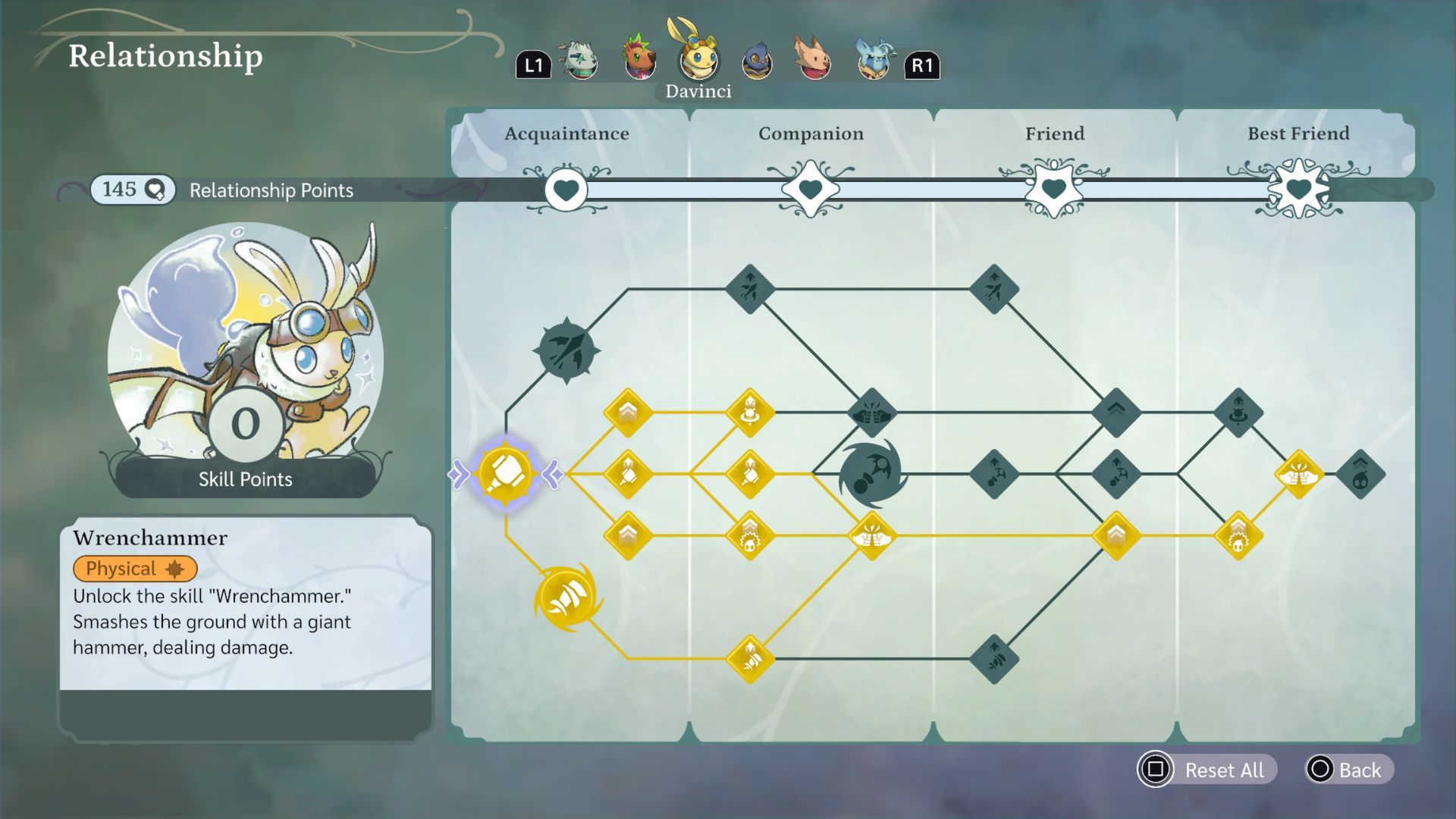
Relationship systems in games should be built around meaningful choices, otherwise they feel forced and unnecessary. I understand why the developers of Lonesome Guild included one, given the game’s themes of unity and friendship, but I was hoping for a more developed and captivating experience.
Closing Comments:
The Lonesome Guild isn’t a game for everyone, and it’s hard to wholeheartedly recommend. While it has a relaxing atmosphere that some players might enjoy, almost everything feels unfinished. The combat is simple, the story doesn’t quite live up to its potential, and the relationship system feels forced. It’s a roughly 12-hour game, but there’s nothing that really makes it stand out. You might find some temporary enjoyment with the characters, but it’s unlikely you’d want to play it again. It’s not a bad game, just an unremarkable one that doesn’t offer anything truly special.
Read More
- God Of War: Sons Of Sparta – Interactive Map
- Overwatch is Nerfing One of Its New Heroes From Reign of Talon Season 1
- Someone Made a SNES-Like Version of Super Mario Bros. Wonder, and You Can Play it for Free
- Poppy Playtime 5: Battery Locations & Locker Code for Huggy Escape Room
- Poppy Playtime Chapter 5: Engineering Workshop Locker Keypad Code Guide
- One Piece Chapter 1175 Preview, Release Date, And What To Expect
- Meet the Tarot Club’s Mightiest: Ranking Lord Of Mysteries’ Most Powerful Beyonders
- Why Aave is Making Waves with $1B in Tokenized Assets – You Won’t Believe This!
- Bleach: Rebirth of Souls Shocks Fans With 8 Missing Icons!
- All Kamurocho Locker Keys in Yakuza Kiwami 3
2025-10-23 19:18